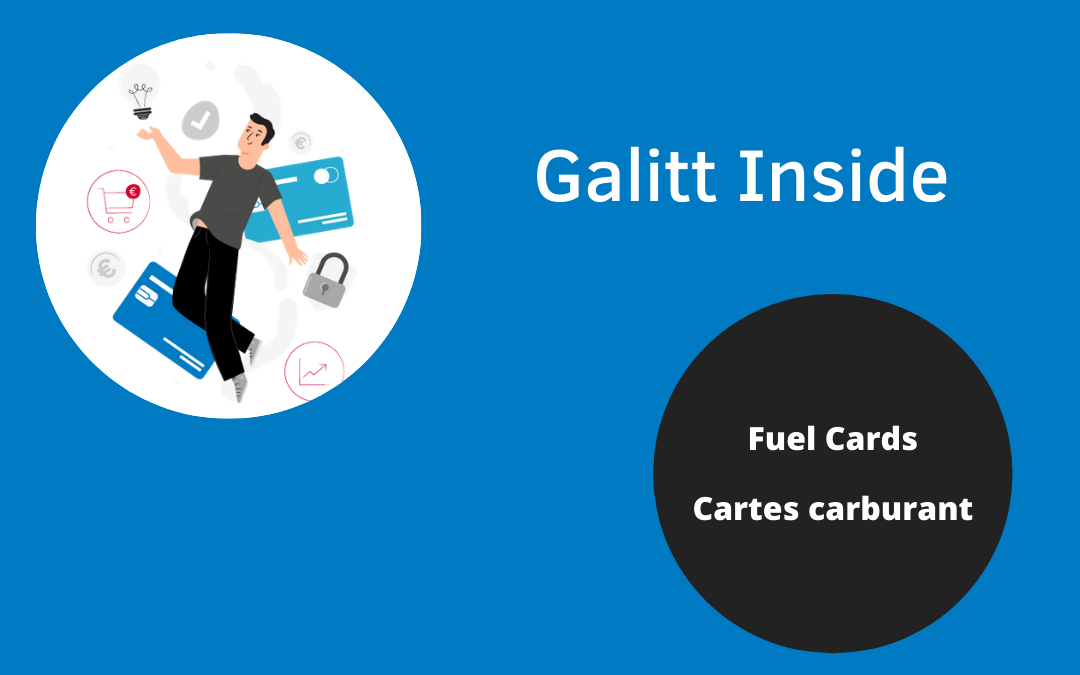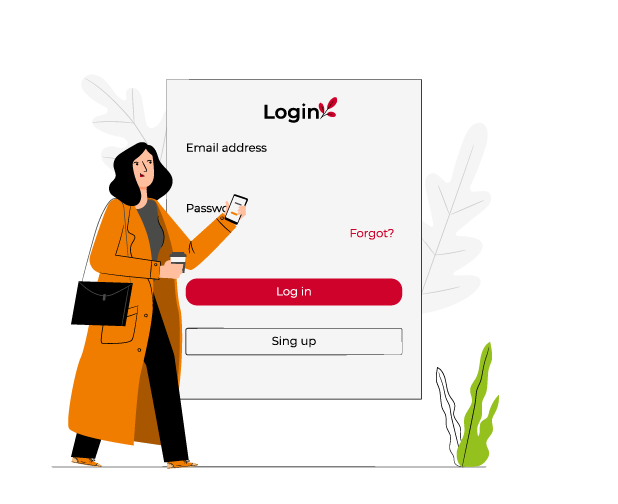Fuel cards: more services, more flexibility

Fuel cards are a service initially offered by gas station networks to improve fleet management for businesses. Also known as fuel cards or petrol cards, they are nowadays offered by other players such as mass retailers (E. Leclerc) or service voucher issuers (Edenred). The aim is to make the service station experience more fluid.
More and more services
The service station sector was indeed historically dominated by the stations of oil specialists such as Total or Shell for example. Nowadays, many retail players are also offering “low-cost” stations in their shopping areas.
The presence of these stations is pushing retailers to think of new ways to improve the user experience within their stores. This is where fuel cards come into play, providing their share of services to the cardholder. We should quickly remember that this type of card is only available when managing a company’s fleet of vehicles. It should also be pointed out that the services offered by oil companies differ slightly from those offered by Retail players. The latter offer multi-brand cards that include new services in their offer.

The advantages of a multi-brand oil card are twofold. On the one hand, they allow the company managing the fleet to have a precise and automatic follow-up of the global consumption of its vehicles, while having the option to apply budgetary or geographical restrictions to avoid potential abuses. The employee carrying the card will have access to a range of services that will make the service station experience more fluid and complete. They will be able to :
- Set your car wash directly on the machine, without having to get out of your car to get a token at the kiosk ;
- pay the toll ;
- pay for hotel nights for business trips;
- benefit from a 24/24 insurance in case of loss or theft.
The points above are the first examples of what could be a longer list in the future.
The digitization of management tools brings a much more reliable follow-up of the expenses related to these cards, while allowing to think about new concepts. Issuers’ websites are being modernized, avoiding the need for paper registration to benefit from the service, for example. Interested parties will therefore be able to take all the necessary steps to open a contract online or from a mobile management application.
Another notable difference for the user is the flexibility of the offer: multi-brand cards allow the cardholder not to be affiliated to a single brand of service station. They can therefore use their card in several stores without having to own one for each of them.
In any case, efforts are being made on both sides to propose a new vision of the service station experience. More speed, more services… The possibility of paying for fuel by credit card directly at the automat is the first stone in the edifice; but in the near future we could see a completely autonomous journey in this type of station.
Another source of development is billing tools, which are becoming increasingly sophisticated and allow companies to have a better view of their fleet and expenses and users to benefit from greater flexibility. Finally, one of the future developments concerns the possibility of integrating payment for other services, relating to electric vehicles, primarily payment for recharging.

To learn more about our digital identity newsletters, visit ADNews.
You can also consult our training modules on digital identity



